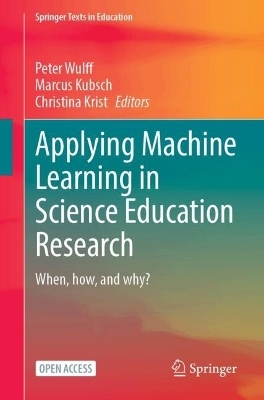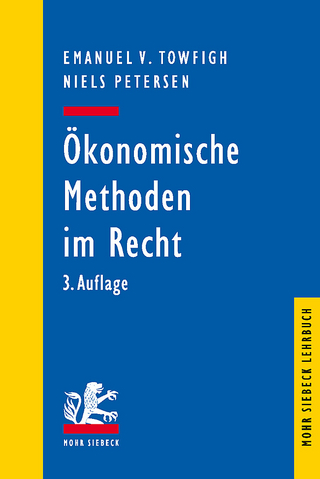
Applying Machine Learning in Science Education Research
Springer International Publishing (Verlag)
978-3-031-74226-2 (ISBN)
- Noch nicht erschienen - erscheint am 22.03.2025
- Versandkostenfrei innerhalb Deutschlands
- Auch auf Rechnung
- Verfügbarkeit in der Filiale vor Ort prüfen
- Artikel merken
This open access textbook offers science education researchers a hands-on guide for learning, critically examining, and integrating machine learning (ML) methods into their science education research projects. These methods power many artificial intelligence (AI)-based technologies and are widely adopted in science education research. ML can expand the methodological toolkit of science education researchers and provide novel opportunities to gain insights on science-related learning and teaching processes, however, applying ML poses novel challenges and is not suitable for every research context.
The volume first introduces the theoretical underpinnings of ML methods and their connections to methodological commitments in science education research. It then presents exemplar case studies of ML uses in both formal and informal science education settings. These case studies include open-source data, executable programming code, and explanations of the methodological criteria and commitments guiding ML use in each case. The textbook concludes with a discussion of opportunities and potential future directions for ML in science education.
This textbook is a valuable resource for science education lecturers, researchers, under-graduate, graduate and postgraduate students seeking new ways to apply ML in their work.
Peter Wulff works in the field of physics education research and science education research. He developed machine learning-based models to automatically assess pre-service physics teachers' written reflections as well as physics problem solving. This work was published in peer-reviewed science education journals and journals specifying on artificial intelligence research in education. His work was funded by the Federal Ministry of Education and Research, Germany, and foundations.
Marcus Kubsch works in the area of science education research. He has used machine learning methods to detect students' emotions in multimodal data and to automatically provide feedback for pre-service teachers' homework assignments. He is currently leading two large research projects that investigate the potentials of machine learning to identify K-12 students' trajectories in science and automatically provide individualized feedback.
Christina Krist conducts research in science education focused on the epistemologies and ethics guiding K-12 students' participation in science practices. She has been the recipient of both Dissertation and Postdoctoral Fellowships from the NAEd/Spencer Foundation. She is currently the PI of an NSF-funded project developing new methodologies that leverage machine learning in qualitatively analyzing visual and audio features of classroom video data.
Introduction.- Part I:Theoretical background.- Basics of machine learning.- Data in science education research.- Applying supervised ML.- Applying unsupervised ML.- Sequencing unsupervised and supervised ML.- Natural language processing and large language models.- Human-machine interactions in machine learning modeling: The role of theory.- Part II:Hands-on case studies.-Working with data getting started.- Automation Supervised Machine Learning.- Pattern Recognition - Unsupervised Machine Learning.- Automation and explainability: Supervised machine learning with text data.- Unsupervised ML with language data.- Unsupervised ML with text data.- Triangulating Computational and Qualitative Methods to Measure Scientific Uncertainty.- Part III:Future directions.- Risks and ethical considerations in the context of machine learning research in science education.- Future directions.- Conclusions.
| Erscheinungsdatum | 03.03.2025 |
|---|---|
| Reihe/Serie | Springer Texts in Education |
| Zusatzinfo | XIII, 369 p. 57 illus., 38 illus. in color. |
| Verlagsort | Cham |
| Sprache | englisch |
| Maße | 155 x 235 mm |
| Themenwelt | Naturwissenschaften |
| Sozialwissenschaften ► Pädagogik ► Erwachsenenbildung | |
| Schlagworte | artificial intelligence in Science education • Big Data • Complex systems theory • computational grounded theory • computer-aided tutoring • deep neural networks • Human-Machine Interaction • Human-Machine Interactions • machine learning • Machine Learning Models • multimodal learning • Natural Language Processing • open access • pattern recognition • probabilistic modeling • qualitative and quantitative research methods • Reinforcement Learning • science education research • Supervised and Unsupervised Learning • transfer learning |
| ISBN-10 | 3-031-74226-5 / 3031742265 |
| ISBN-13 | 978-3-031-74226-2 / 9783031742262 |
| Zustand | Neuware |
| Informationen gemäß Produktsicherheitsverordnung (GPSR) | |
| Haben Sie eine Frage zum Produkt? |
aus dem Bereich


